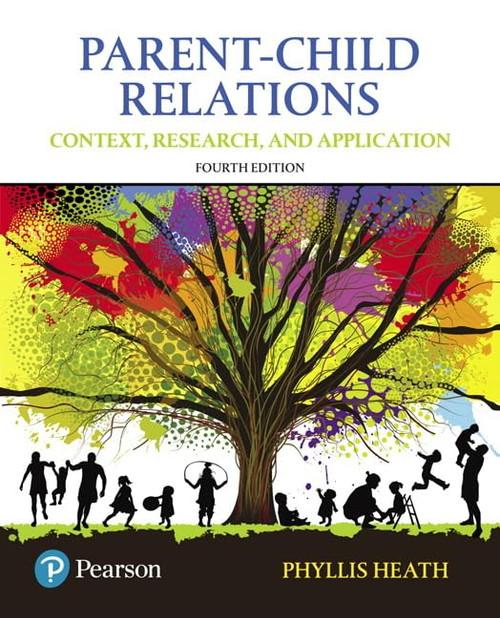The role of parents in education has become increasingly important today. This book puts parent-child relations in a historical and cultural context to help undergraduate students understand that there are important similarities and differences in parent-child relationships across cultures. This approach allows students to see how culture and family variations, as well as age and gender, are related to parent-child interactions at each stage of life.
The text also features in-depth coverage of parenting strategies. These are covered early in the book to set the stage for the later chapters that focus on parenting at different stages of development. These strategies provide guidance for parents as well as for professionals working with children and their parents or other caregivers.
Each chapter now includes learning objectives, critical thinking questions, and a list of useful websites. A new glossary of key terms has also been added. This new edition has an increased emphasis on the various contexts of parenting as well as more examples and personal quotations from parents and children in various family circumstances. This text prepares students to integrate theory, research, and technique while working with parents and children in various family contexts.











